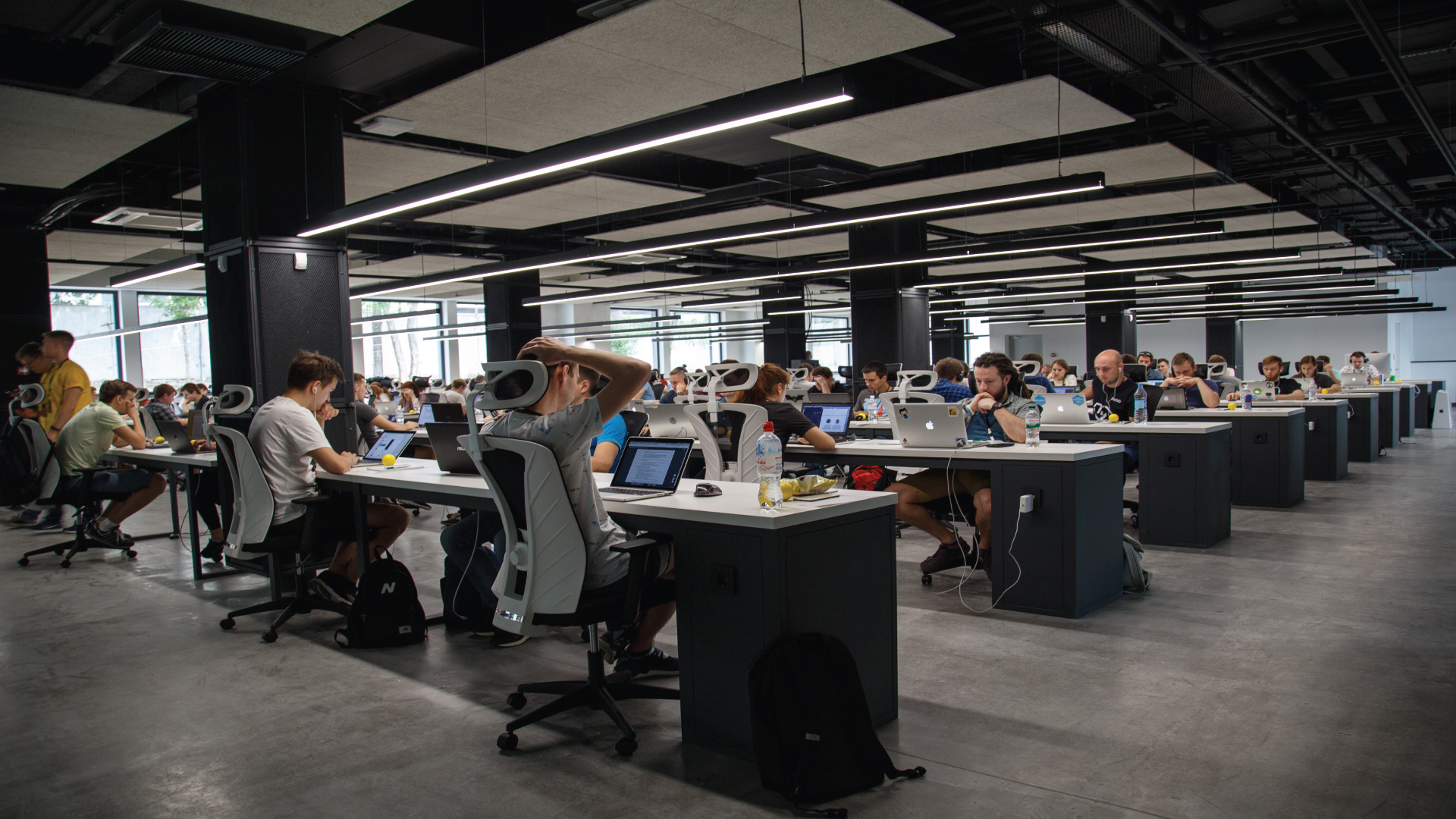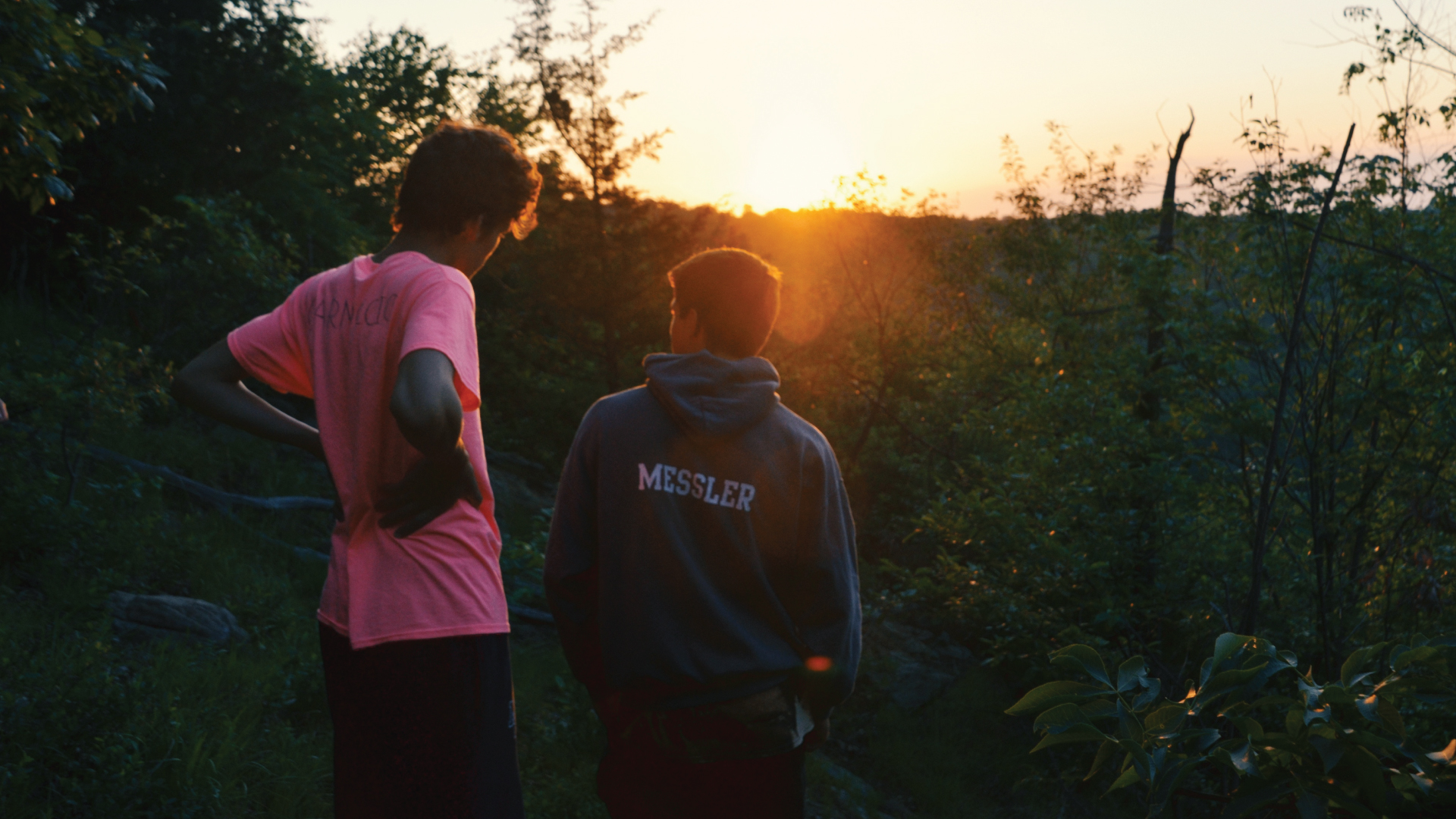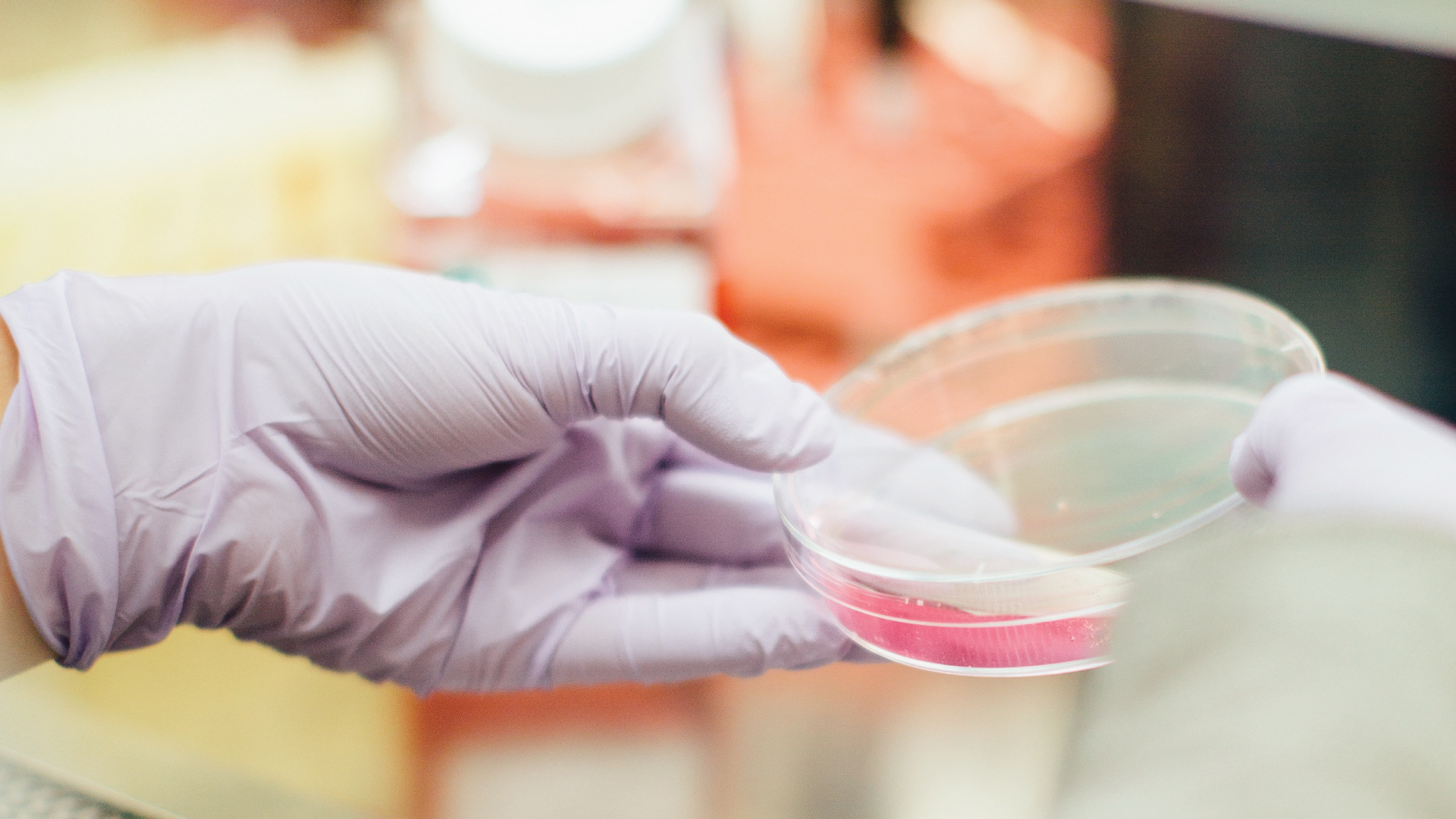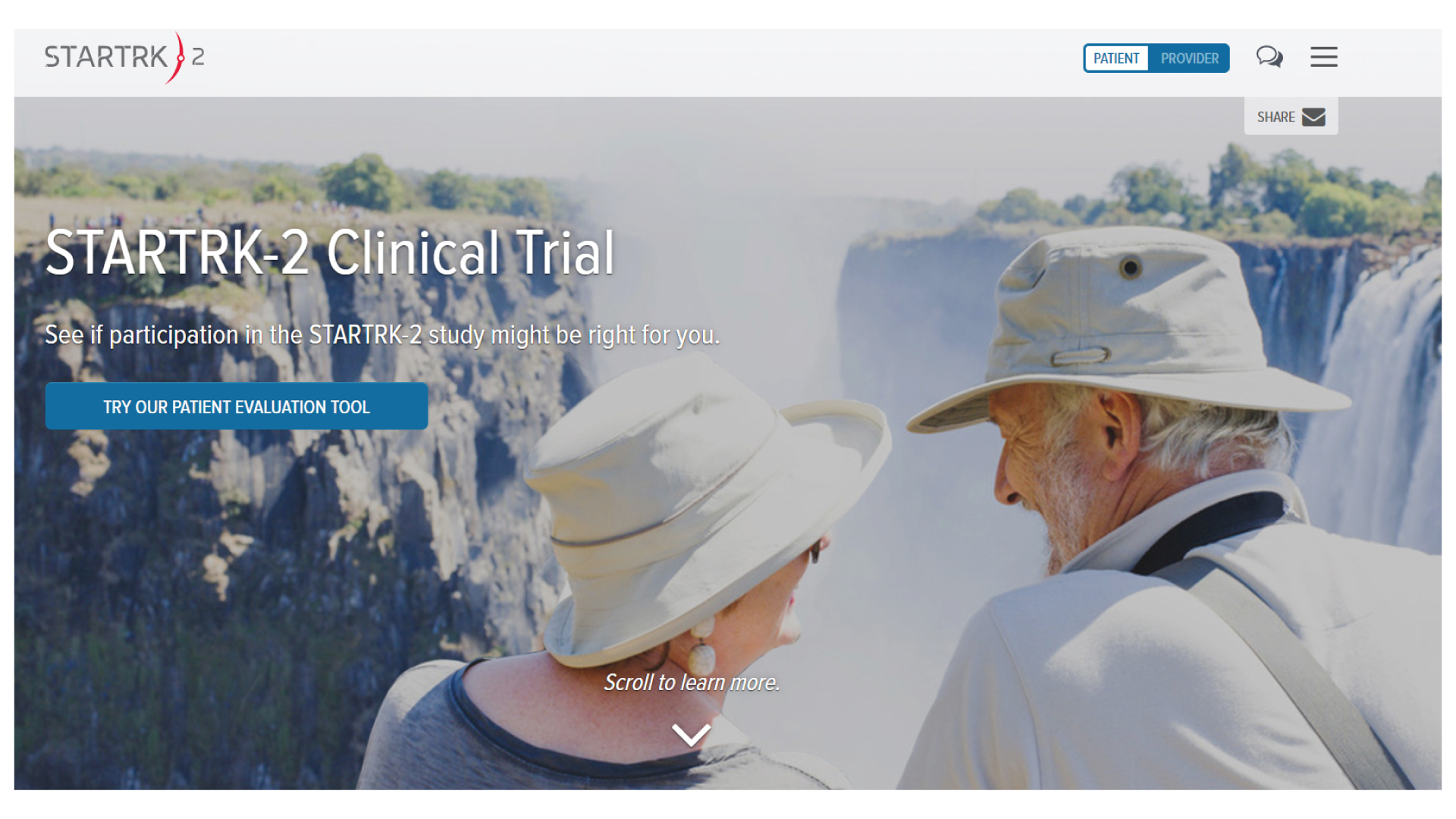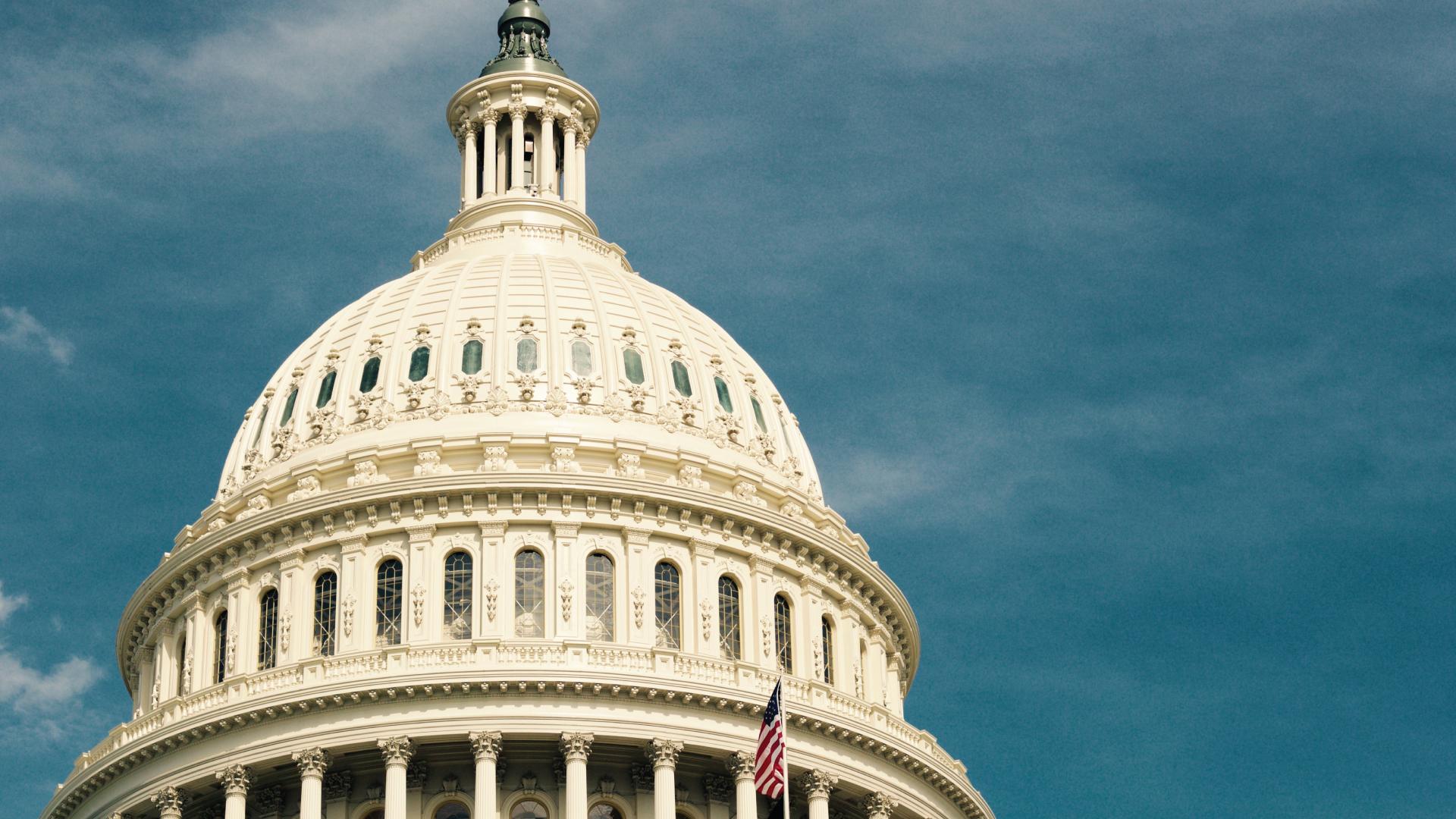A few months ago we launched our newest program here at Lacuna Loft, the Speaker Series! Our 5th Speaker Series Talk will launch on Wednesday, December 20th! Starting on that day, you’ll be able to watch Robyn talk about her Cancer in the Workplace Research. While the talk won’t be live, we’d love for you to submit your questions! After reading a little abstract on the talk, fill out the short form at the bottom of this post with all of your questions! Submit as many as you want and Robyn will do her best to answer them at the end of her talk!
After my diagnosis with breast cancer, I was startled to hear that although 90% of working aged cancer survivors return to work, 33% of working aged cancer exit the workforce within 5 years of their diagnosis. I spent time reflecting on my experience and my personal decision to leave my current employer and embark upon a new career and wanted to find out more. I found in my personal experience that there was an expectation that after my last day of radiation I would be back to 100% which was not the case. I also found that, after putting up the biggest fight of my life, the garbage in my workplace was illuminated and I wasn’t willing to be a part of it any longer.
As a part of my transition, I found myself going from HR Professional to HR Instructor and now have the opportunity to research why working aged cancer survivors are leaving the workforce and also capture those who are still in the workforce but in different positions. I am uncovering why people are leaving or changing jobs (often to their detriment) and what employers can do to keep employees impacted by cancer in the workforce. My ultimate goal is to help employers understand the challenges cancer patients face and that recovery is not instantaneous and make the experiences of others who are transitioning back to work a little brighter.
Psst…want to submit a topic for a future Speaker Series? You can do so here!


